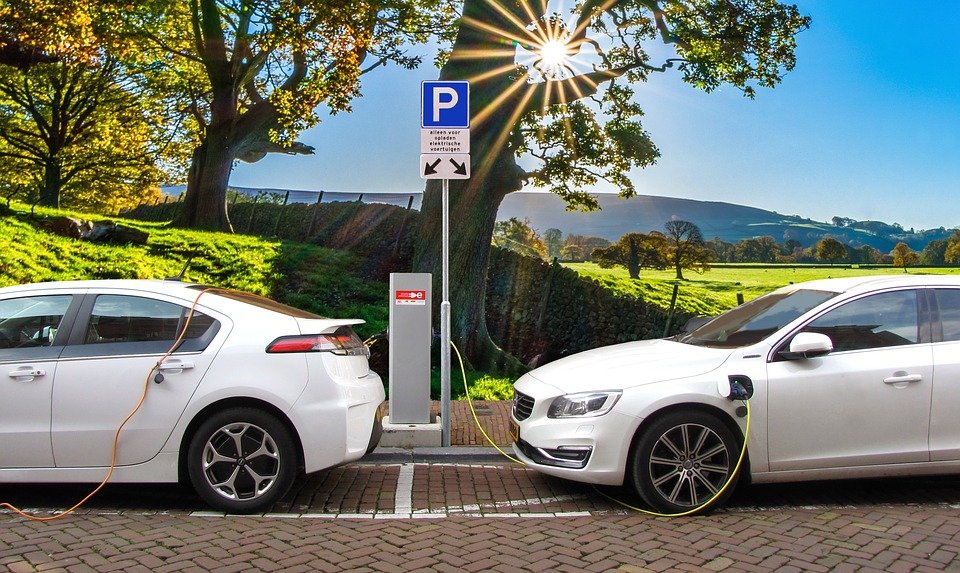
Can being sustainable get you cheaper insurance?
What’s Happening? Research from the website Comparethemarket.com has found the average cost of insuring an electric car in the UK is £45 less than insuring a petrol or diesel car. When analysing annual premiums in the first three months of the year, it was found EV drivers were charged an average of £566, whereas petrol and diesel vehicle drivers paid £611. As a result of travel restrictions during coronavirus lockdowns, there have also been fewer claims and thus lower premiums for all motorists. Along with lower premiums, EV owners pay no excise duty and can get a plug-in grant up to £2,500. (The Guardian)
So, why do EVs have cheaper insurance? There are a few factors. EVs are less likely to be stolen and, if they are, they are also more likely to be recovered due to their limited range and how long it can take to charge them. Furthermore, EVs have fewer complex moving parts that can be damaged when compared to a traditional engine, and their battery packs are well protected in case of an accident – reducing the likelihood of needing to replace them.
EVs also have no catalytic converter for criminals to steal, with thefts of these on the rise. As green cars are becoming increasingly mainstream, more insurers are also looking to provide coverage – and as the number of insurers increases the cost of policies is likely to decrease.
Aside from EVs having cheaper insurance due to them having fewer risks, some insurers might purposely offer lower premiums to meet their sustainability goals. The insurance industry is facing increasing pressure to use its underwriting policies to tackle climate change. Italy’s Generali, for example, offers pay-as-you-drive insurance to encourage motorists to cut their mileage and is exploring options to offer a policy discount to EV drivers.
Are there any other green practices that reduce premiums? Aviva has said the insurance industry has a responsibility to develop insurance designed for the future, and the company has decided to not charge extra on home insurance if items such as solar panels and heat pumps are installed.
If your home gets damaged, you might decide to go with greener replacements for materials or appliances. In the US, insurance firm Farmers provides Eco-Rebuild coverage which offers up to $25,000 towards green replacement costs. Furthermore, some insurers such as Kin Insurance and Travelers offer a discount in home insurance if your home is energy efficient.
More broadly, insurance firms are also looking at offering discounts to companies with strong ESG (environment, social and governance) credentials. Insurance broker Howden recently launched Parhelion, which it calls “the world’s first fully sustainable insurer”. Parhelion will use an underwriting approach based on data, technology and ESG criteria. The firm said empirical studies show a strong correlation between firms with advanced ESG credentials and low insurance claims.
What’s happening on a larger scale? The insurance industry has good reason to care about climate change – it has been facing record losses and costs due to climate change-linked natural disasters. Earlier this year Swiss Re noted2020 was the insurance industry’s fifth costliest year in 40 years. Munich Re estimated natural disasters including hurricanes and wildfires caused $210bn in damage in 2020, with insured losses growing from $57bn in 2019 to $82bn in 2020. The German reinsurer characterised last year’s hurricane season as “hyperactive” due to the record-high number of 30 storms.
The increase in extreme weather has made it harder for insurers to quantify risk, meaning insurers now have a clear incentive to support and encourage the transition to a greener economy.


